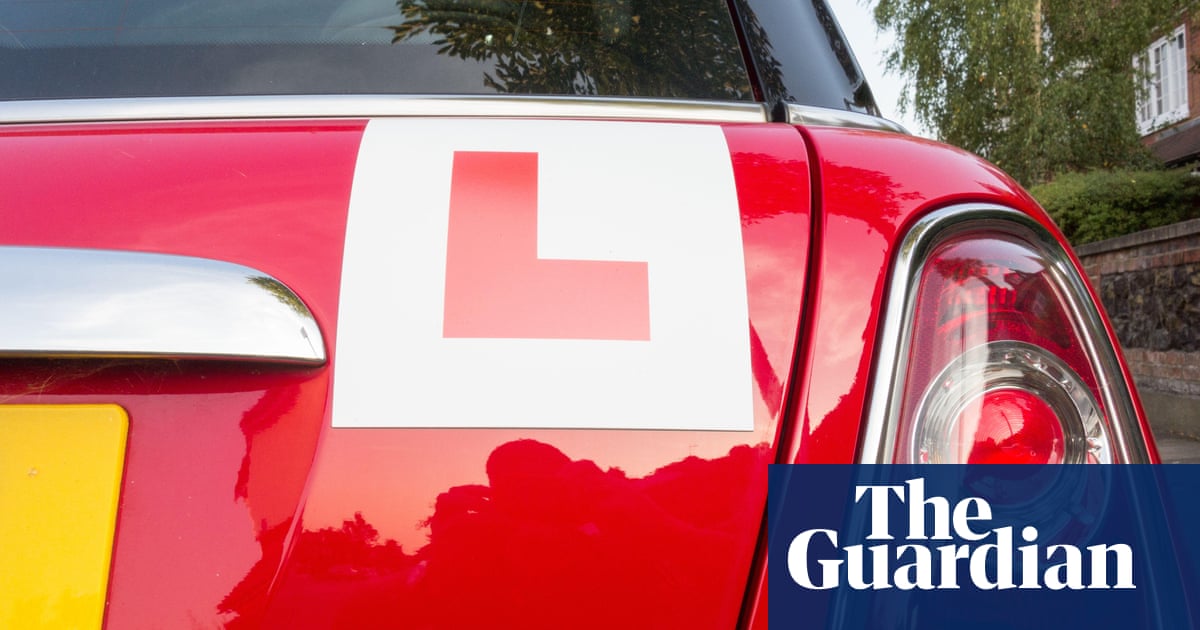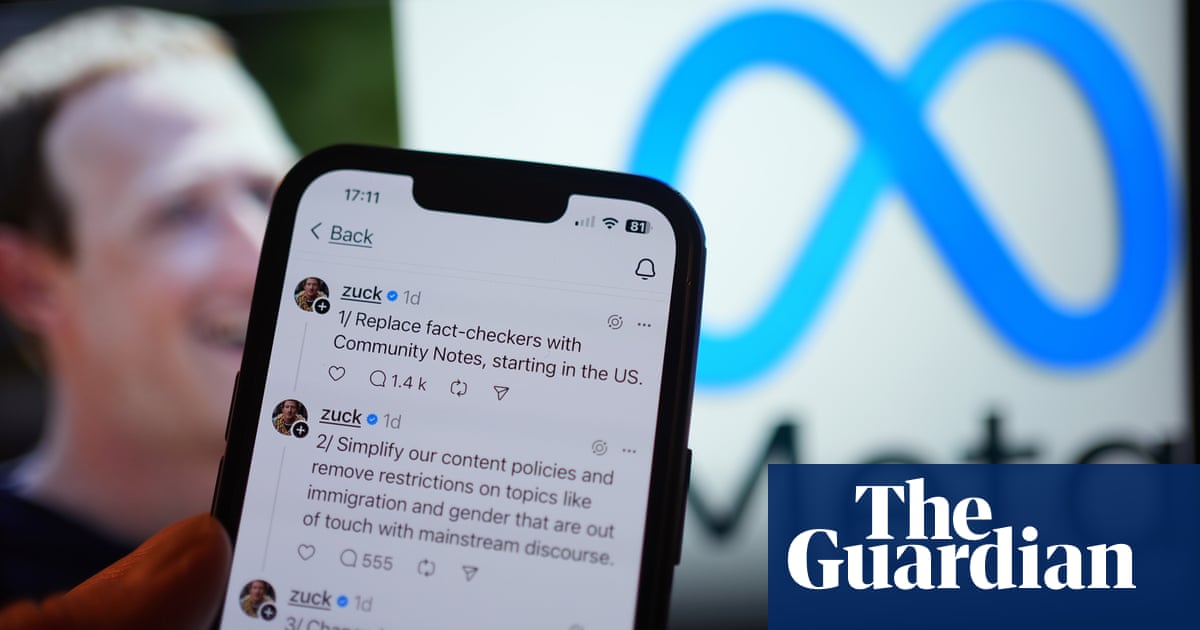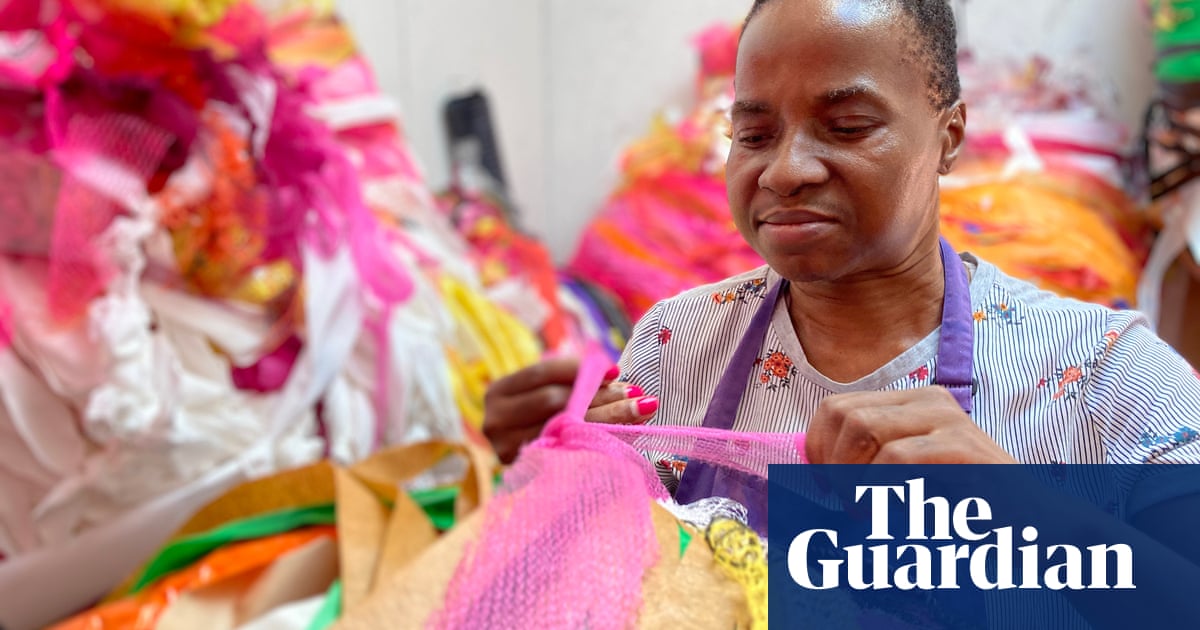‘It’s a logistical nightmare,” sighs associate headteacher Kirstie Moat after taking me through the mind-boggling complexities of the weeks ahead. Her school, Harrogate Grammar, a state secondary school in North Yorkshire, is in the final throes of preparations for exam season and it is a marathon task.
This is not about teaching algebra, or Jane Austen, or the periodic table. She’s talking about special “access arrangements” – a range of adaptations for students with additional needs who would otherwise struggle to take exams – for GCSEs, A-levels and other qualifications.
The aim is to remove barriers and provide a level playing field, which seems laudable. The problem is that the number of pupils who have these arrangements has increased so significantly that schools are struggling with the practicalities.
“It’s grown exponentially since we came back after Covid,” Moat says. According to England’s exams regulator, Ofqual, in 2023/4 the number of approved access arrangements was up 12.3% on the previous year to 625,000, compared with 460,000 in 2019/20. In Scotland the numbers are also rising, from 62,515 requests for assessment arrangements in 2019, to 91,880 in 2023. In Wales there were 30,005 approved access arrangements in the 2023 to 2024 academic year, up 11.1% from the previous year. The uptick reflects the increase in anxiety issues and additional special educational needs since the pandemic.

It means students may be sitting the same exam, but they won’t be in the same room. Some will be in the sports hall – the kind of setting those of us who sat our exams en masse in the last millennium might recognise. Others might be in the headteacher’s office, one to one with an invigilator. Some will be using a traditional pen and paper, others will have laptops. And a significant proportion of pupils will be given longer to finish the paper, often on account of diagnosed conditions such as attention deficit hyperactivity disorder or dyslexia.
Three in 10 candidates were awarded 25% extra time in 2023/4, according to Ofqual. Of particular concern is the proportion of pupils getting extra time in private schools – almost 42% compared with 26.5% in state secondaries – which has led to suspicions that some schools are “gaming” the system.
Moat takes me through the increasingly complex access arrangements she and her team have to negotiate. She takes a deep breath before she begins. “It’s a big machine,” she says, by way of warning. This summer, 783 Harrogate Grammar students will sit exams at the end of years 11 (GCSEs) and 13 (A-levels), meaning the school will have to juggle more than 4,000 exam entries, 238 papers and 10,110 individual exams. At GCSE level, a single pupil can expect to sit up to 35 papers.
In year 11, out of a cohort of 290 students, 84 (29%) have some kind of access arrangement the school has to accommodate. Of those, 58 (20% of all GCSE candidates) have extra time and 10 students require one-to-one invigilation. “It might be that they need a reader who physically reads it out to them, or that they need rest breaks so they’re not disturbing other people,” says Moat. “We’ve got one student that has home invigilation, so it’s a medical need. That means we have to send somebody to their house to do that for them.”
She goes on: “We have 35 students that need an alternative smaller room for their exams because they can’t face going into the big hall,” owing to anxiety issues. Students who struggle with reading or writing due to a disability or other learning difficulty may need additional technology: 21 of Harrogate’s students need a word processor and seven have an electronic reader. On top of that, 17 candidates with sensory or physical needs may require supervised rest breaks.
In year 13, 75 of the school’s A-level students have some kind of access arrangement – 24% of a cohort of about 320. Of those, 48 students get extra time, five students require one-to-one invigilation, two require home invigilation, 34 require alternative smaller rooms for anxiety and other issues, and 21 need word processors, 11 need an electronic reader and 22 are entitled to rest breaks. “There’s so much reliance on tech inside and outside school that handwriting stamina is becoming a bit of an issue,” says Moat.
The additional costs are enormous: more than £100,000 on invigilators to cover the one-to-ones and small groups. “That’s a huge expense on top of the cost of the exams,” says Moat, at a time when school budgets are ruinously tight.

The other logistical challenge is space – finding enough rooms for pupils who can’t cope in the sports hall, while continuing to try to run a large secondary school as normal. These are challenges that all schools are grappling with. One headteacher told of a school where all the administrative staff were told to work from home for six weeks while the exams were on so their offices could be turned into exam rooms. Some further education colleges have to suspend all learning just to accommodate GCSE maths and English resits.
Pepe di’Iasio was a headteacher before becoming general secretary of the Association of School and College Leaders. “You probably sat your exams in a hall in a school, with 100 people sitting on desks in rows, and that still exists,” he says to me. “But when the balance tips, so actually it’s the minority of students in the hall and the majority of students in special conditions for one reason or another, be it special educational needs or a social or emotional reason, or a mental health diagnosis that means they can’t perform in the main hall, you’ve got a serious logistical problem.
“Not only do you need to be able to house them, you then need an exam invigilator so you can hold exams safely, securely and appropriately. Then there’s the arrangements around the printing of exams in different ways, shapes or forms, which needs to be done within a certain time frame.”
Some students may need papers printed in A3; others require a different-coloured paper to aid vision. “The logistics of checking the right person has the right paper in the right colour, in the right size, in the right venue, and multiply that by 1,000 … to see it happening on the morning of an exam is bewildering. It’s awesome to see how schools deal with it,” says Di’Iasio.
Jane Wright, a special educational needs co-ordinator (Senco) at Hornsey School for Girls, a state secondary in north London, is familiar with the challenges. “We have about 50 students with various access arrangements, ranging from supervised rest breaks to extra time, bilingual dictionaries, readers, computer readers and word processors. In terms of resources we’re having to buy more computers, computer reader software and get staff to be able to invigilate in those rooms as well.”
While we continue to rely on high-stakes assessment where everything depends on an end-of-course exam, Wright thinks special arrangements will have to remain in place for students who would otherwise be at a disadvantage. She wonders if there might be a better alternative. “If there were things such as coursework, how it used to be, then maybe you would get a better picture and wouldn’t need to put so many things in place.”

Sandra Leaton Gray, professor of education futures at UCL’s Institute of Education, says there are two main issues driving the increase in special access arrangements. “The first is that there aren’t as many opportunities to do things such as resits and it’s become higher stakes. So it’s become more important that you absolutely hit your grades a lot of the time.”
The second problem is the challenge of getting children with special educational needs and disability (Send) diagnosed and supported appropriately. Without that, “it tends to come down to things such as extra time and use of laptops, because it’s an easy, cheap accommodation for what is quite a complicated problem”.
Later down the line, there is also the possibility of post-assessment adjustments to the marks of candidates who have not been able to demonstrate attainment because of exceptional circumstances, such as illness, bereavement or “domestic crisis”, which is known as “special consideration”. As with access arrangements, there has been a steady increase in these requests, which rose to almost 725,000 in England last year, up 3% on 2023, of which 95% were approved (in 2023, requests were up 19% from the previous year). Ofqual said it did not have figures on how these requests break down by school type.
As for the stark differences between private and state schools, “I think private schools are definitely more attentive with regard to completing supporting paperwork to maximise chances for everything they can,” says Leaton Gray. “They have a great deal of skin in the game, because if they don’t deliver on results they go out of business spectacularly, in a way that state schools generally don’t.”
Lindsey Hughes, headteacher of Channing, a private school for girls in north London, says around a third of her pupils taking GCSE and A-level exams this year have access arrangements. Some have two or more. Extra time, supervised rest breaks and word processors are the most common adjustments.
She denies any suggestion that private schools are gaming the system and says the discrepancy between access arrangements in private and state schools is more likely to be down to funding for Send and class sizes in the state sector: “In my view what you’re seeing in independent schools is how the system ought to work, because every pupil deserves the chance to have their needs taken into account when they go into the exams. Unfortunately the size and scale of the funding problem in the state sector just means it doesn’t happen.”
The Independent Schools Council agrees. “There is a considerable burden of proof needed for exam access requirements,” an ISC spokesperson says. “Students from independent schools who need such support are meeting this, and schools are working within the system as it currently stands. Independent schools may have more resources to identify and support young people who may need extra consideration in their exams, and there has been a rise in such need post-Covid.”
Ofqual is investigating after education secretary Bridget Phillipson, no less, raised concerns. A spokesperson said: “We are looking at changes in the data on access arrangements, including analysis by type of school or college. We will consider what the data shows and any implications for our regulatory approach. This involves complex work but we expect to see results from this analysis before the end of this year.”

Jill Duffy, chair of the Joint Council for Qualifications, which is responsible for the regulation of access arrangements across the UK, welcomed the investigation. “We do have a JCQ inspection service that will look at access arrangements in schools and how these are applied for. From those inspections we see very little evidence that there’s any gaming of the system going on.” But she adds: “Often it’s the exams and the exam systems that throw up some of the inequalities, and the unfairness that’s in the education system more broadly.
“If you look at the stats between private and state schools, yes, there’s a difference and I’m really pleased that government and Ofqual are now investigating this. But there’s a broader question here about how accessible the education system is overall. When I’m talking to Sencos and parents of Send students, they would like to see improvements that go beyond what we have at the moment to help with accessibility.
“That could be reducing curriculum content. It could be spreading out exams more. It could be having more non-examined assessment. And one of the things we’re looking at the moment is some of the principles of universal design: Is there a way, when we’re looking at what qualifications could look like in the future, that we could design something that really limited the need for adaptations for students that have a disability or mental health condition?”
All eyes are now on the independent curriculum and assessment review, set up by the government and led by Prof Becky Francis, who has already indicated she is considering proposing fewer GCSE exams and will deliver her final report later this year.
Meanwhile, the annual ritual is almost upon us. Final revision for GCSEs and A-levels is under way. School exam officers up and down the country are bracing themselves. Moat sounds almost excited, though goodness knows why given what lies ahead. “I quite like it,” she says. “The kids are great.
“This is it. This is the culmination of their years of education. You want them to do their best. You know you’ve supported them as much as you possibly can. Ultimately, it’s up to them at that last hurdle. Our job is to make sure we are putting absolutely everything in place to give them the best possible chance to succeed.”

.png) 5 hours ago
4
5 hours ago
4













































